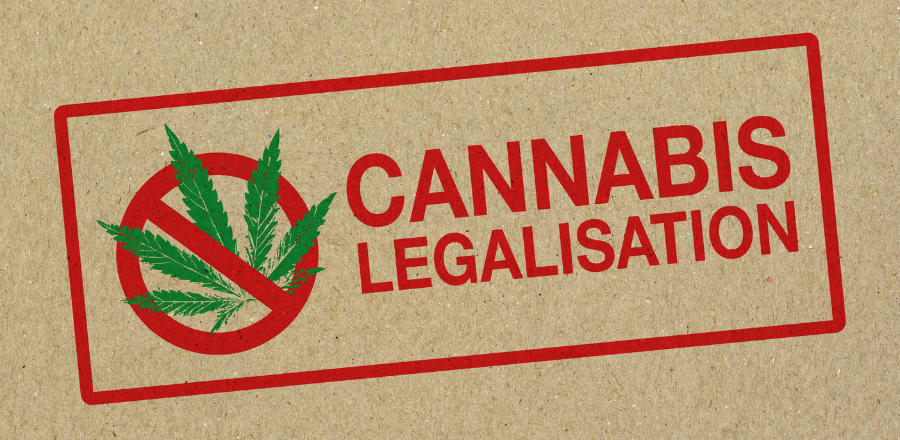
In recent years, there has been a growing trend towards the legalization of cannabis use around the world. This shift in policy reflects changing attitudes towards the drug and its potential benefits for both medical and recreational use. Here, we take a closer look at the five most recent countries to legalize cannabis.
Luxembourg became the first country in Europe to fully legalize cannabis in January 2021. The new law allows adults to possess and use cannabis for personal use, with a limit of 30 grams per person. The country also plans to establish a regulated market for the sale of cannabis, with licensed retailers selling products of controlled quality.
Mexico In June 2021, Mexico became the third country in the world to legalize cannabis for recreational use, following Uruguay and Canada. The new law allows adults to possess small amounts of cannabis for personal use, with a limit of 28 grams. The country also plans to establish a regulated market for the production and sale of cannabis products.
New Zealand In November 2020, New Zealand became the first country in the Asia-Pacific region to legalize cannabis for recreational use. However, the referendum was narrowly defeated with 50.7% of voters against legalization. Despite the setback, there is still widespread support for cannabis reform in New Zealand, and it is likely that further efforts will be made to legalize cannabis in the future.
Israel In April 2021, Israel legalized cannabis for recreational use, becoming the first country in the Middle East to do so. The new law allows adults to possess up to 50 grams of cannabis in public and up to 15 plants at home for personal use. Israel has long been a leader in cannabis research and is known for its progressive approach to drug policy.
Switzerland legalized cannabis for medical use in 2011, but in June 2021, the country took a significant step towards full legalization by passing a law allowing for the production and sale of cannabis for recreational use. The new law will allow adults to purchase cannabis products from licensed retailers and will regulate the quality and safety of cannabis products sold in the country.
Overall, the legalization of cannabis in these five countries reflects a global shift towards more progressive drug policies. As more countries take steps towards legalization, it is clear that the stigma associated with cannabis is slowly fading, and its potential benefits are being recognized. It will be interesting to see how these countries implement their new laws and the impact they will have on attitudes towards cannabis use worldwide